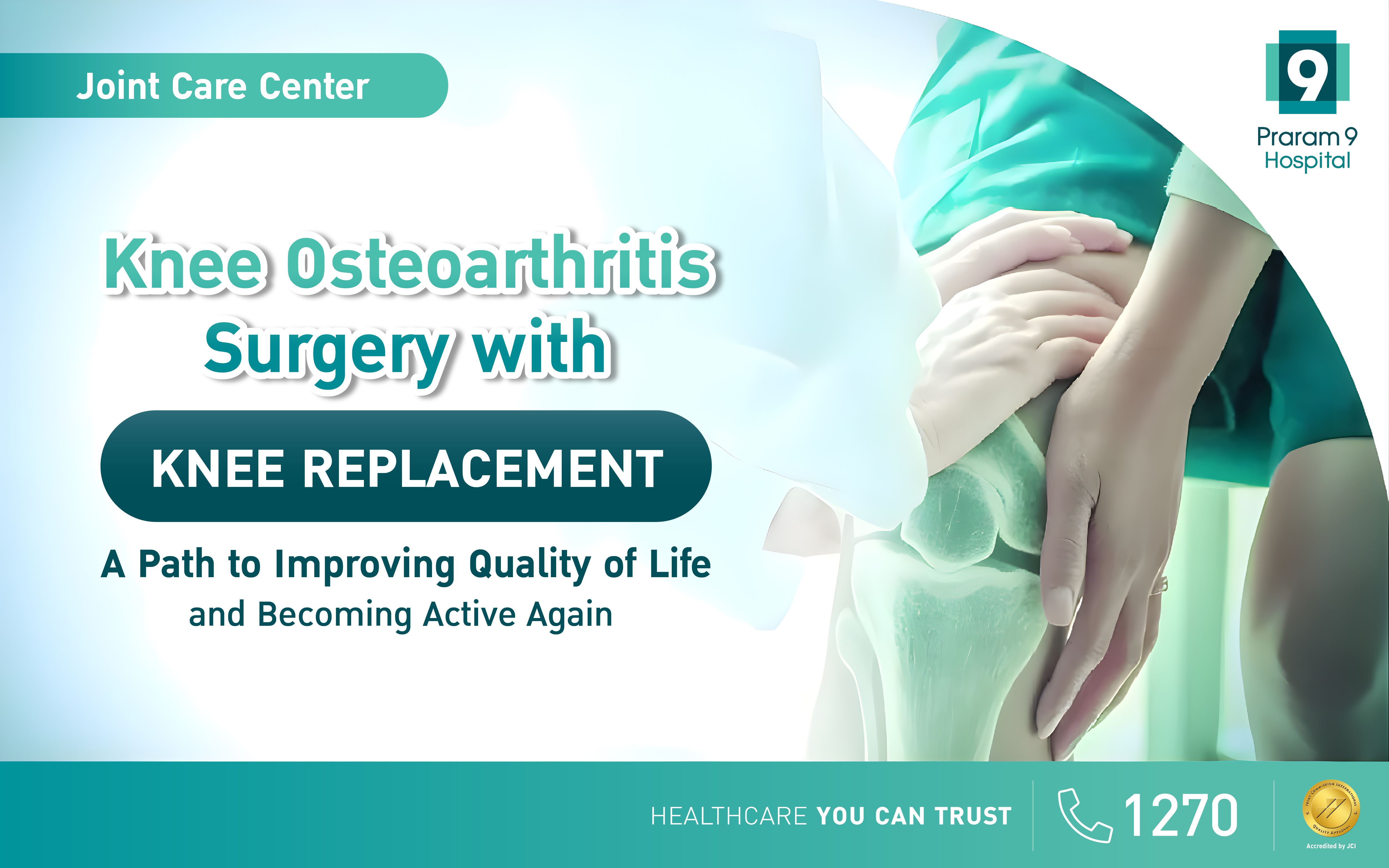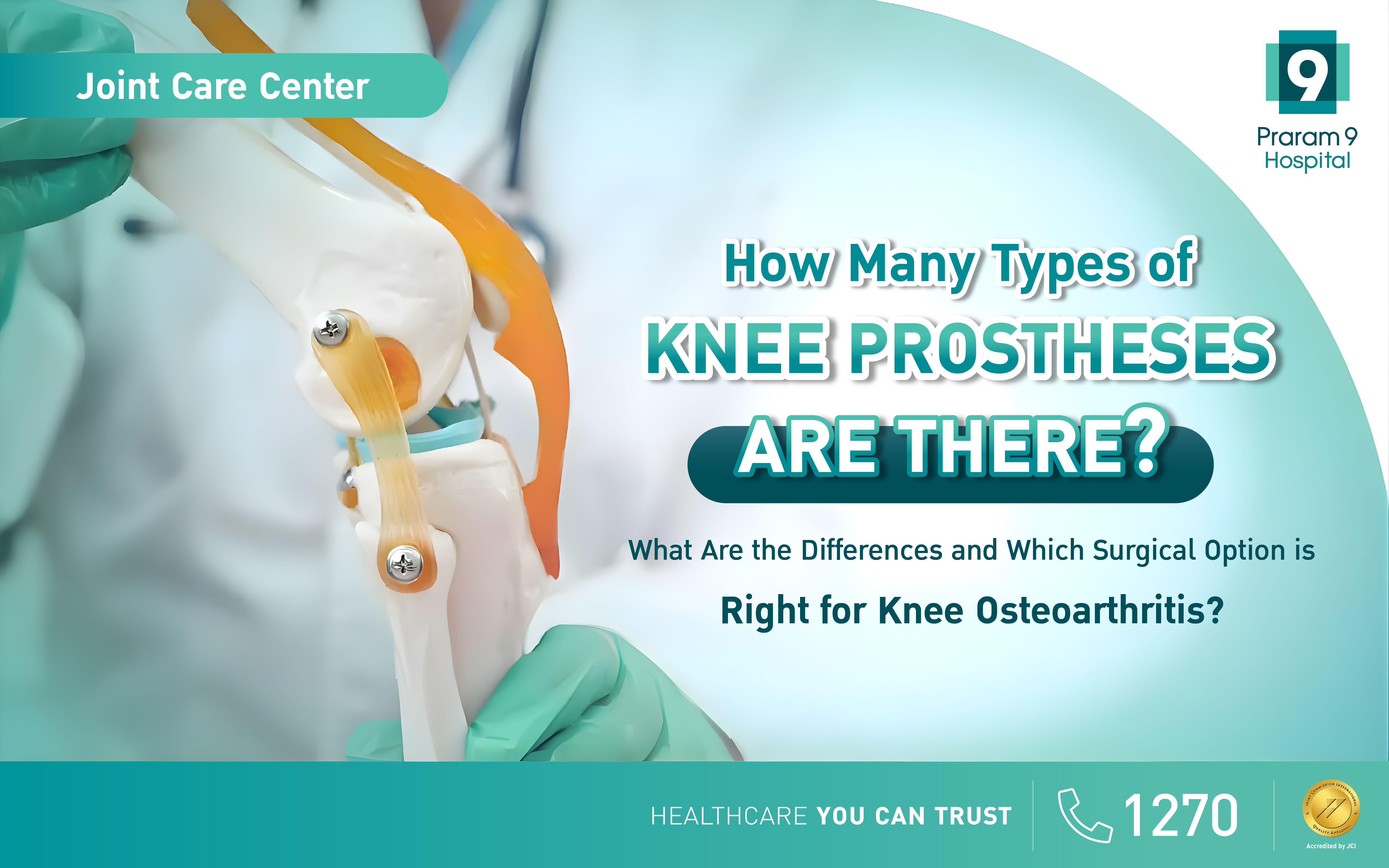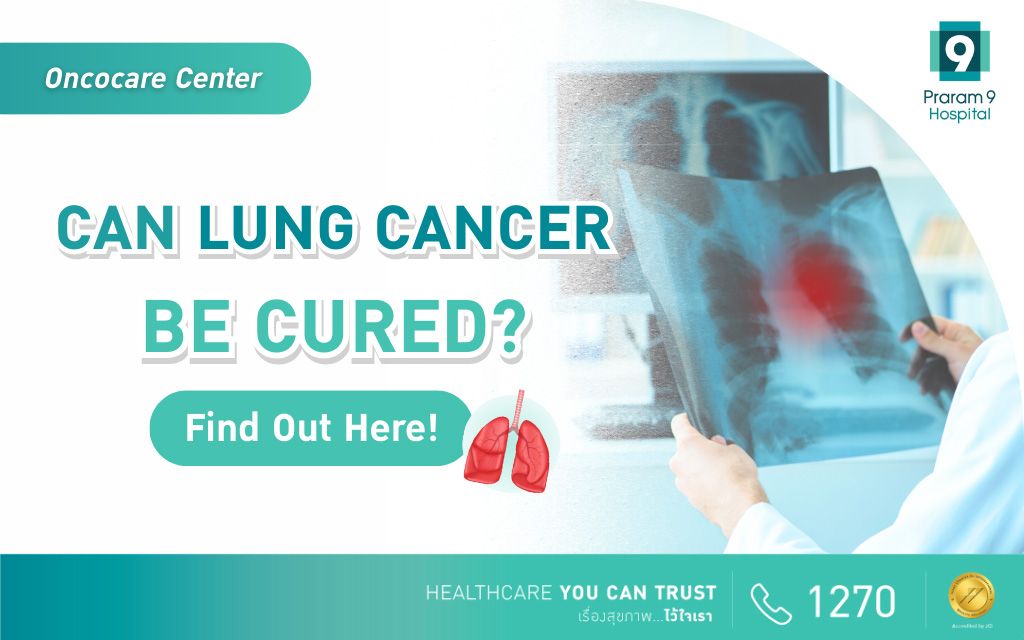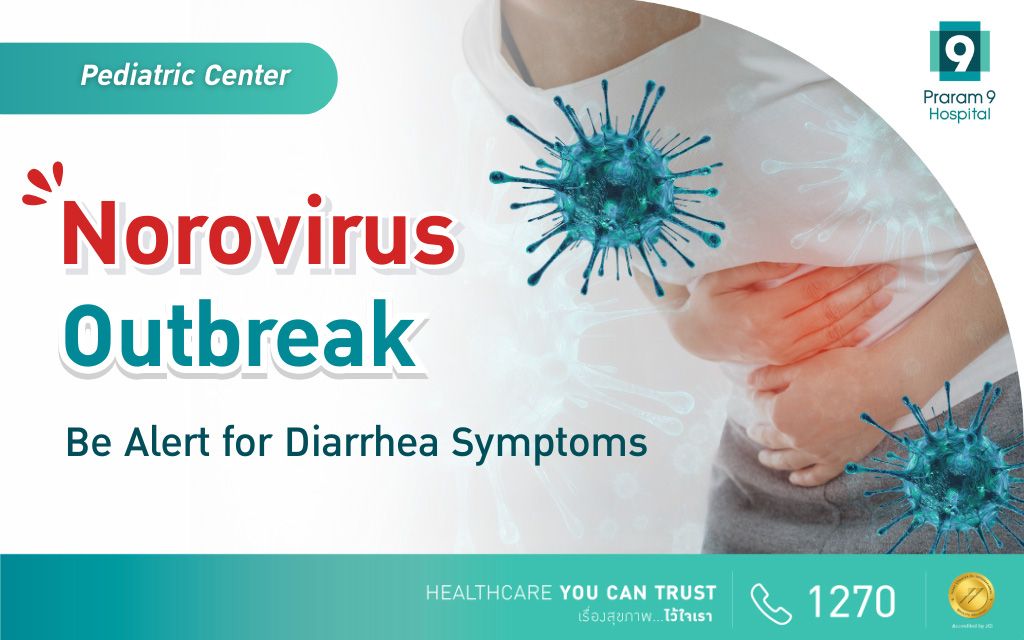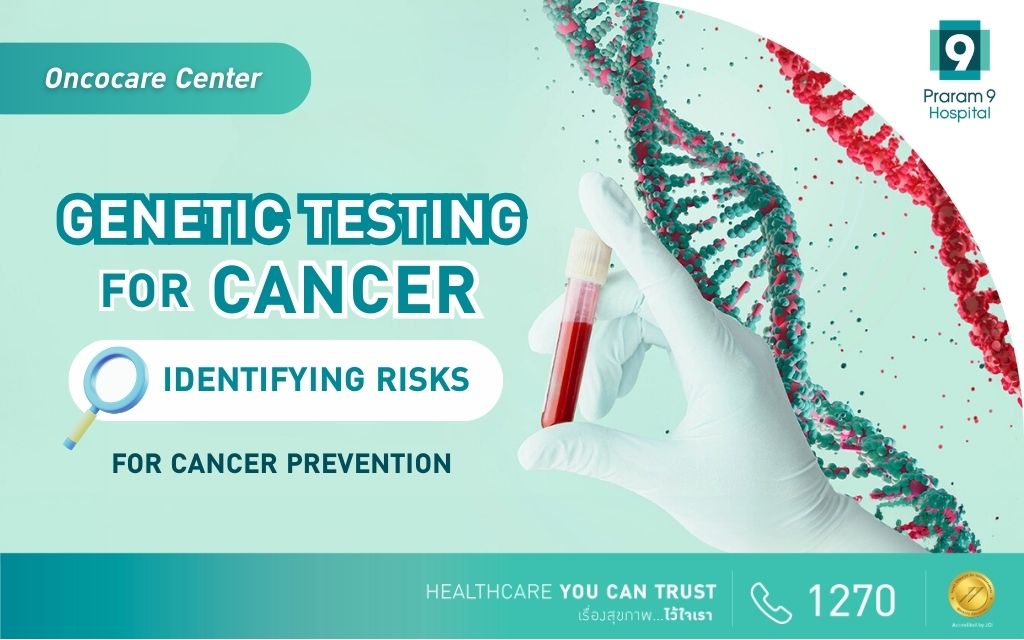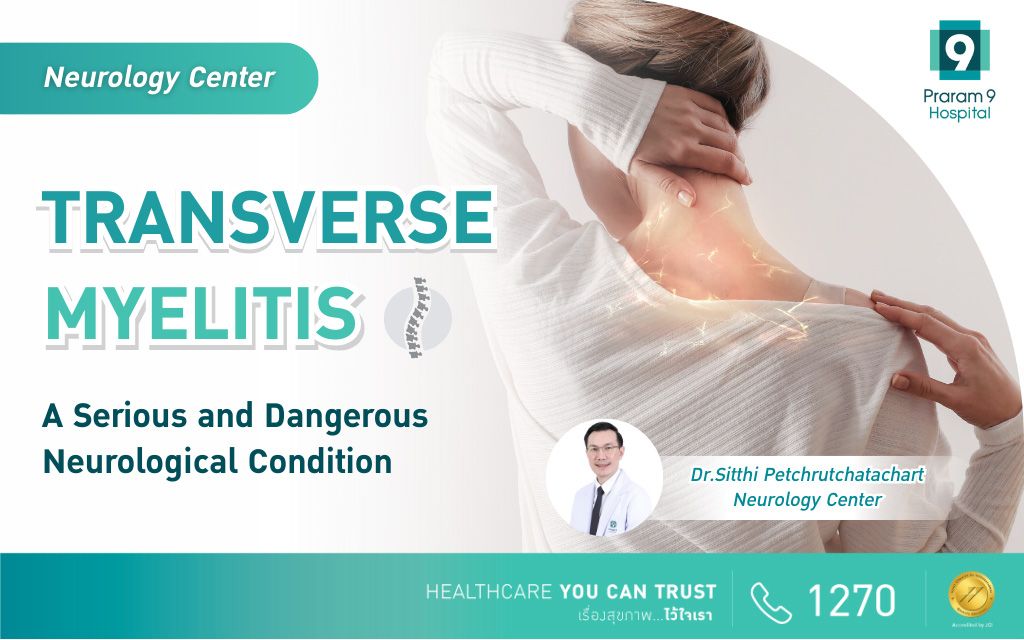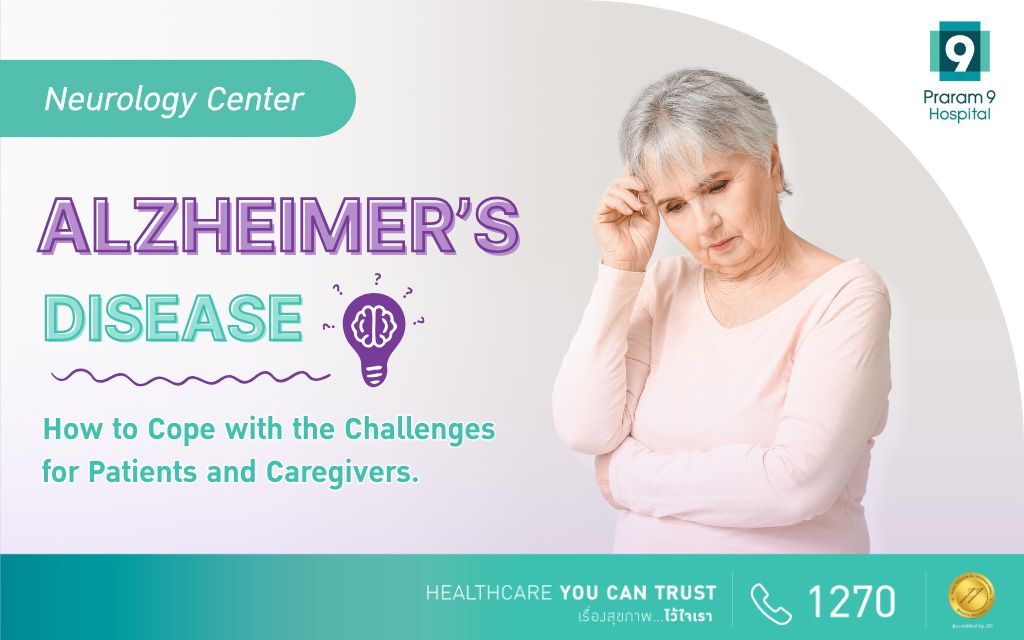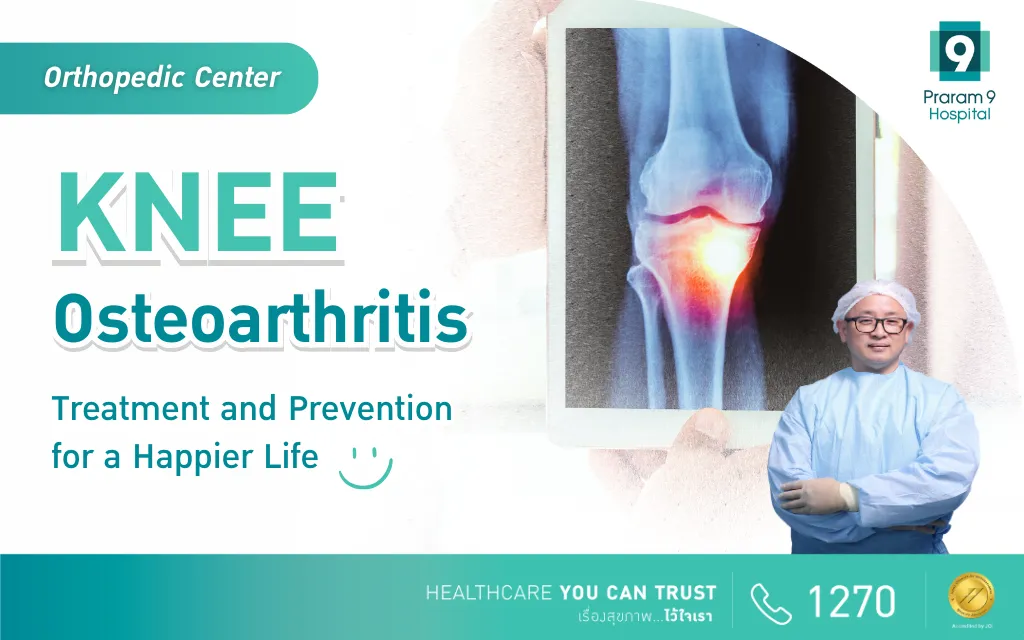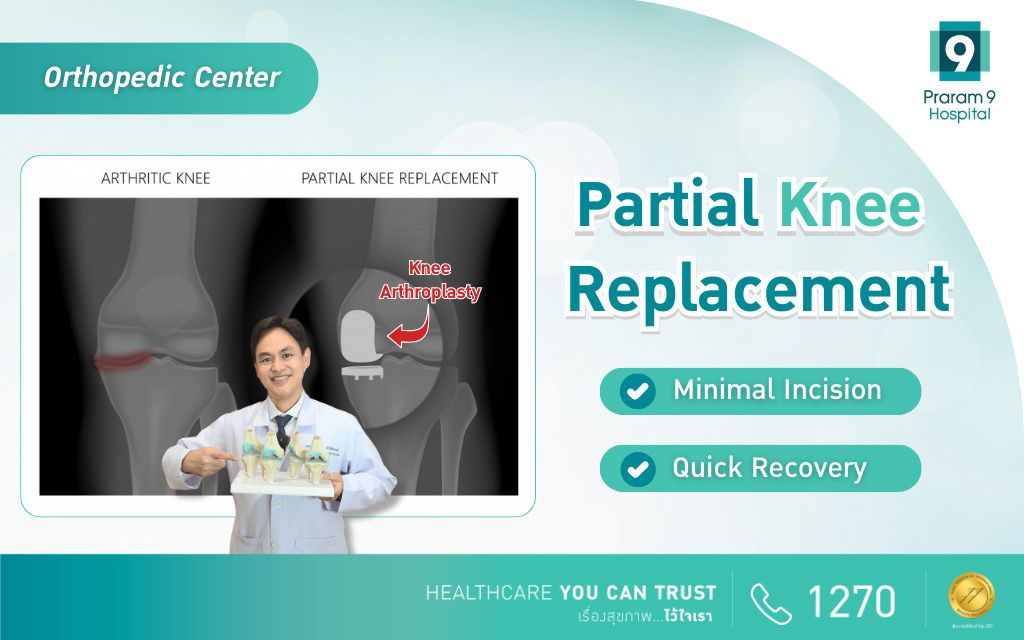Health Articles
Knowledge
Kidney Cancer
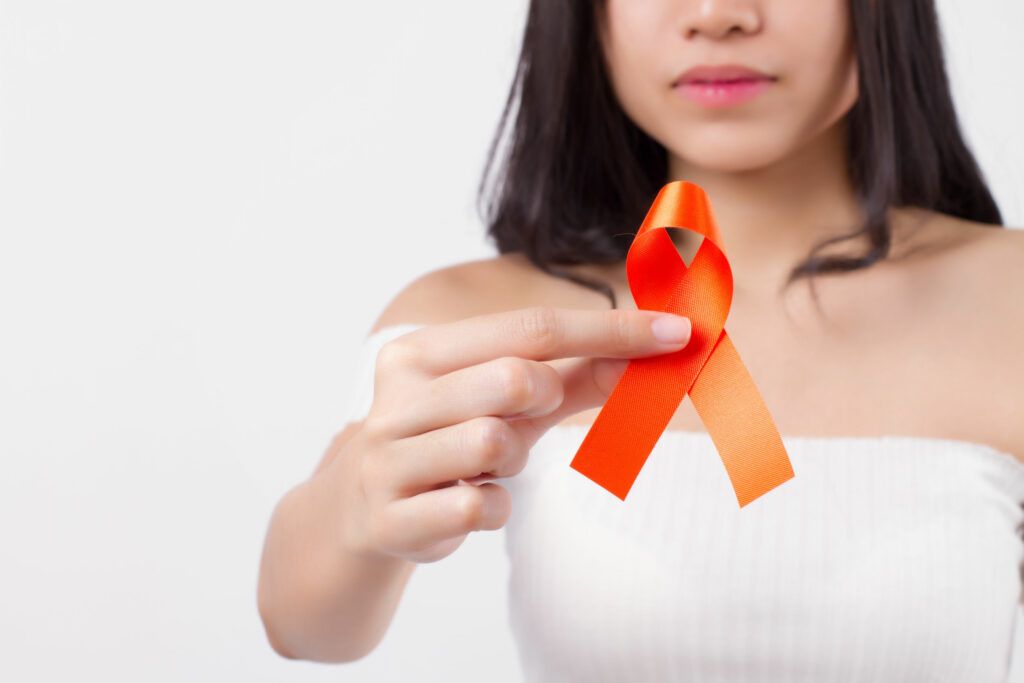
Kidney cancer is a type of cancer that occurs in the kidneys, which is caused by the abnormal growth of tissue cells and kidney pelvis. These cells divide uncontrollably. If not receiving treatment, it will spread to other organs, such as the lungs and bones.
The kidney cells can be divided into 2 main types, which are:
- Renal Cell Carcinoma (RCC) is the cancer of kidney tissue cells, which can be found in up to 90 percent of all kidney cancers.
- Transitional Cell Carcinoma (TCC) is the cancer of the cells in the mucosa of kidney pelvis, which is the cavity that located between the kidney and ureter. This type of kidney cancer can be found in about 5-10 percent of all kidney cancers.
Patients with both RCC and TCC in the initial stage will have no symptoms. When the lump of cancer gets bigger, the symptom of the disease will show, which are:
- Blood in urine, urine changing color to pink, red, or brown.
- Pain around the waist
- Feel a lump around the ribcage
- Fatigue
- Loss of appetite and weight loss
- Chronic fever
However, kidney cancer is caused by risk factors that are uncontrollable, such as genetic disorder. Therefore, people in the risk group should receive a physical check-up regularly. The faster the disease is detected, the more chance the disease can be cured.
Causes and risk factors of kidney disease
Currently, the cause of kidney disease is not clear. However, the following risk factors can increase the chance of developing the disease:
- Age: When getting older, there will be more risks. The age group that the disease is commonly found in is 50-70 years old.
- Gender: Occurs in males 2 times more than females.
- Smoking: Smokers tend to have kidney cancer more than non-smokers. 1 in 3 patients with kidney cancer is caused by smoking.
- Obesity
- Hypertension
- Patients with chronic kidney failure who need dialysis for a long time
- Have a genetic disease, which is an abnormality or mutation of some type of gene.
- Have a family member with kidney cancer
- Exposed to chemicals or some types of toxins for a long time, such as asbestos and cadmium.
- Have symptoms of kidney disease
Kidney disease can be prevented by avoiding the risk factors that can cause the disease. For example:
- Abstain from smoking
- Control the weight
- Control the blood pressure
- Avoid or prevent oneself from chemicals or toxic carcinogens by wearing protective mask
More Information: Kidney Disease and Transplantation Institute
